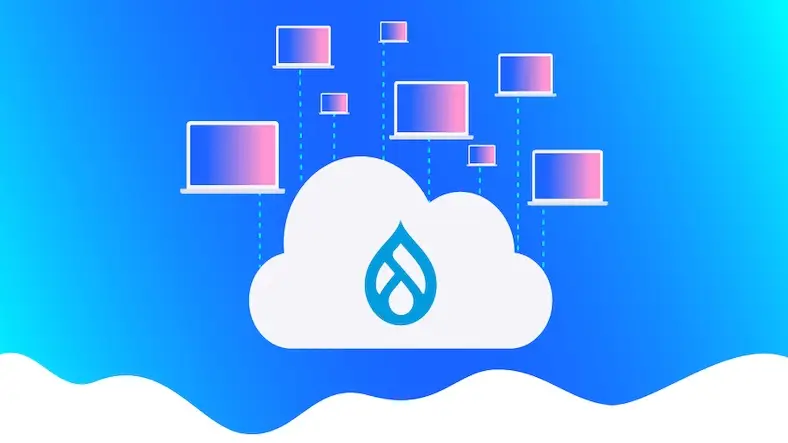In this article we are gonna see a few important notes which will be helpful for people who are looking out to host their Drupal application. When selecting a hosting platform for your Drupal website, there are several key factors to consider.
Here are some important things to know before making a decision:
- Compatibility with Drupal: Ensure that the hosting platform is compatible with Drupal's technical requirements. Drupal has specific requirements for PHP version, database support (such as MySQL or PostgreSQL) and server configurations. Verify that the hosting platform meets these requirements to ensure optimal performance and compatibility.
- Performance and Scalability: Look for a hosting platform that offers reliable performance and scalability. Check if they utilize caching mechanisms, content delivery networks (CDNs) and other performance optimization techniques. Scalability is crucial to accommodate traffic spikes and future growth, so consider if the hosting platform offers options to easily scale resources as needed.
- Security Features: Website security is vital to protect your Drupal installation and user data. Ensure that the hosting platform provides robust security measures such as firewalls, malware scanning, DDoS protection, SSL certificates and regular backups. Additionally, check if they offer timely security updates and patching to keep your website secure.
- Support and Expertise: Consider the level of support and expertise provided by the hosting platform. Determine if they have experience in hosting Drupal websites and if their support team is knowledgeable about Drupal-specific issues. Reliable customer support can be invaluable in case of technical difficulties or questions related to your hosting environment.
- Uptime and Reliability: Look for a hosting platform that guarantees high uptime and reliability. Downtime can adversely affect user experience and website performance. Check if the hosting provider has redundant infrastructure, backup power systems and monitoring capabilities to ensure maximum uptime.
- Ease of Use and Management: Consider the hosting platform's user interface and management tools. An intuitive control panel or dashboard can make it easier to manage your Drupal installation, domains, databases and other aspects of your hosting environment. Some hosting platforms offer specific Drupal-focused features or integrations that simplify Drupal management tasks.
- Pricing and Scalability: Evaluate the pricing plans offered by the hosting platform. Consider the cost relative to the features and resources provided. Assess if they offer flexible plans or upgrade options to accommodate your website's growth. Be cautious of overly cheap hosting options that may compromise performance, security, or support.
- User Reviews and Reputation: Research the hosting platform's reputation and read user reviews to gauge the experiences of other Drupal users. Pay attention to feedback related to performance, support, uptime and any Drupal-specific considerations.
By considering these factors, you can make an informed decision when choosing a Drupal hosting platform that meets your website's needs in terms of compatibility, performance, security, support and scalability.
Thanks for reading the article, for more drupal related articles read and subscribe to peoples blog articles.















